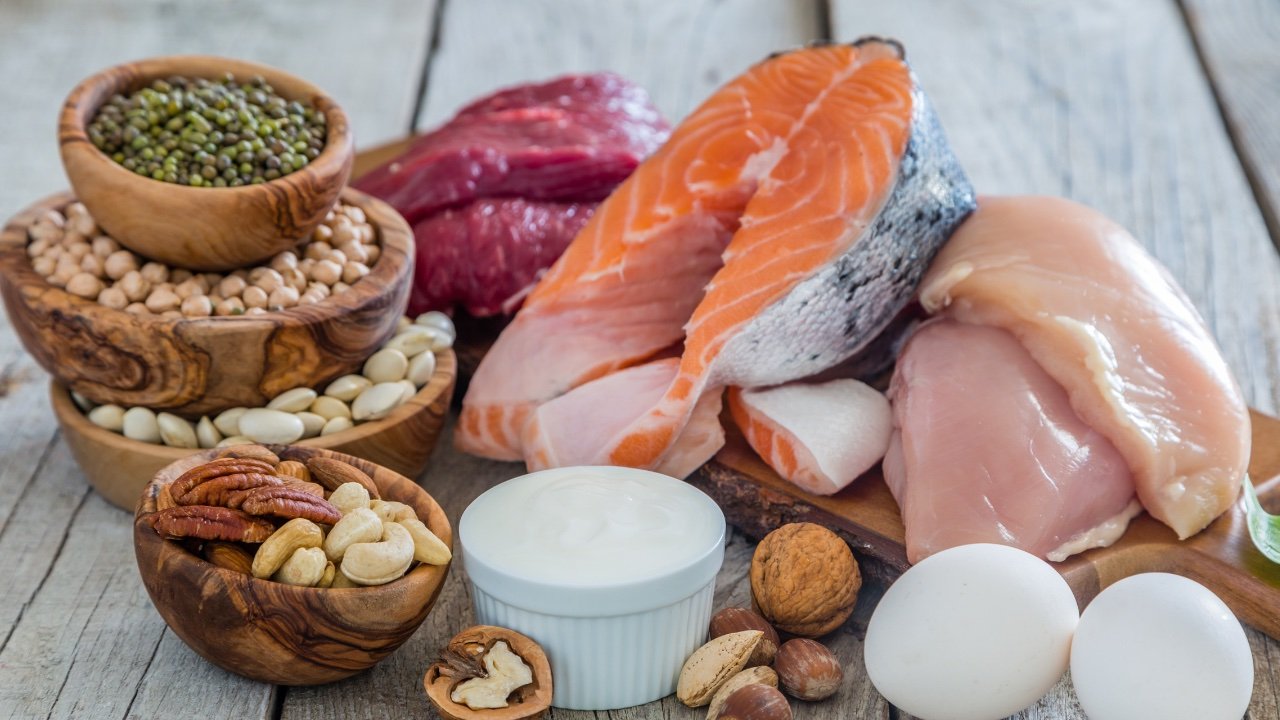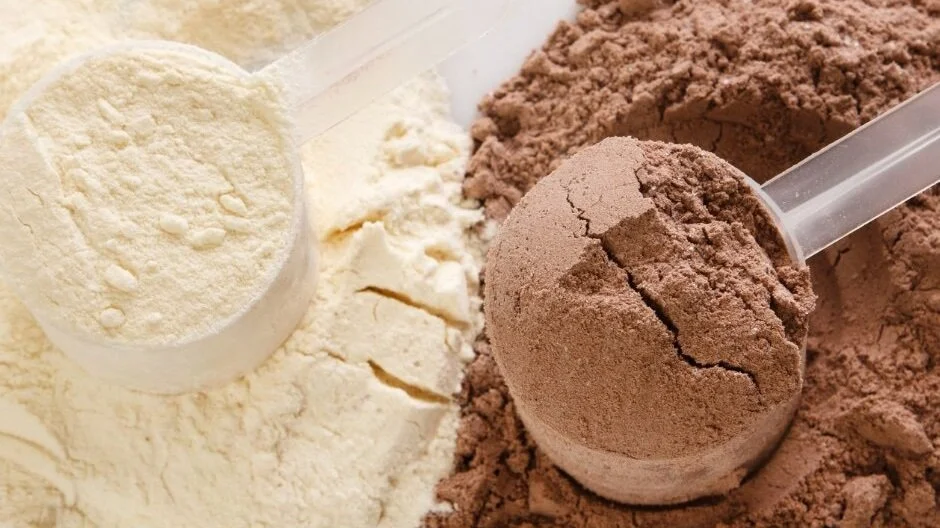The Importance of Choline During Pregnancy
We’ve all heard of the importance of folate in pre-conception and pregnancy, but getting enough choline during pregnancy may actually be just as important.
But research has found that up to 99% of pregnant women aren’t getting enough choline in their diet to meet their requirements.
So what exactly is choline and how can you ensure you’re getting enough during pregnancy??
Choline is a vitamin-like nutrient and it’s the new kid on the block when it comes to pregnancy nutrition, for good reason.
Like folate, choline helps to prevent neural tube defects and is required for fetal brain development.
In fact, it’s even been referred to as a ‘brain-building’ nutrient by the American Academy of Pediatrics.
The bad news is, many pregnant women aren’t getting enough which can have long-term effects on the health of their baby.
The role of choline in the developing baby
Choline is needed to make compounds that play a critical role in brain development, particularly the part of the brain involved in learning, memory and attention.
Along with folate, low choline intakes have been found to be associated with a higher risk of neural tube defects.
Choline also influences gene expression in the fetus and can have long-term effects on metabolic and physiological processes.
Choline and gene expression
While our genes don’t change, if they’re not turned on they can’t impart any influence and might as well not exist.
Choline plays a role in gene expression by modifying the DNA that tell genes in the growing baby to switch on or off.
One study showed that through its effects on gene expression, choline intake impacted the production of the hormone cortisol which is involved in our response to stress and regulates our metabolism.
More choline in the mother’s diet was found to result in less cortisol in the fetus.
This finding is significant as early exposure to high levels of cortisol is known to increase a child’s lifelong risk of stress-related and metabolic disorders.
Where is choline found?
Like vitamin D and DHA, choline can be made in the body, but not in sufficient amounts to meet demands, so additional choline needs to be supplied through the diet.
Choline is found in both animal and plant foods, but animal foods typically contain more choline per gram than plant foods.
Animal sources of choline include eggs, poultry, meat, seafood and dairy.
Eggs are a particularly good source of choline for pregnant women, with one egg providing 115mg choline.
Plant sources of choline include nuts, legumes and cruciferous vegetables (e.g. broccoli).
Can vegetarians and vegans get enough choline from their diet?
Because eggs are such a rich source of choline, vegetarians who eat eggs can generally get enough choline from their diet, as long as they regularly include eggs.
For vegans and vegetarians who don’t eat eggs, this can be more difficult. While there are many plant sources of choline, they are less concentrated than animal sources.
For example, 2 tbsp of peanut butter (one of the richest plant-based sources of choline) provides 20mg choline, only 4.5% of the daily adequate intake for pregnant women.
However, there are choline supplements available so this may be an option for those who can’t get enough choline from their diet.
It’s important to check the dose though to ensure it’s sufficient to meet requirements. A prenatal dietitian can help find the right prenatal supplement for you.
Choline content of different foods, adapted from National Institutes of HealthCholine Factsheet 2022
How much choline do pregnant women need?
In Australia, the Adequate Intake (AI) for choline is 440mg/day, a slight increase from 425mg/day in non-pregnant women.
But research in pregnant women indicates up to 99% of pregnant women in Australia aren’t getting enough choline in their diet to meet the recommendations.
Is there choline in prenatal supplements?
As the importance of choline during pregnancy is increasingly recognised, more and more prenatal supplements are including choline to help ensure the proper development of a baby’s brain and spinal cord.
But the issue is that choline is a large nutrient, which makes it difficult to include in prenatal supplements, as most women don’t want to take a huge capsule or take multiple capsules each day.
In the case of prenatal supplements which do include choline, most don’t contain enough to meet requirements, so it’s important to look at the actual dosage of choline.
If you feel you need a choline supplement to meet your requirements, it’s best to speak to your doctor or a prenatal dietitian who can help you choose an appropriate one for you.
What about postnatally?
Choline needs in lactation increase significantly to an AI of 550mg/day as a substantial amount of choline is secreted in breast milk.
The amount of choline in breast milk will depend on the mother’s intake, so it’s just as important to meet your choline requirements in the postnatal period, particularly if you’re breastfeeding.
However, given that energy intake will likely be higher during lactation (energy needs increase by an average of 500 calories/day), your choline intake should naturally increase provided you include plenty of sources of choline in your diet.








